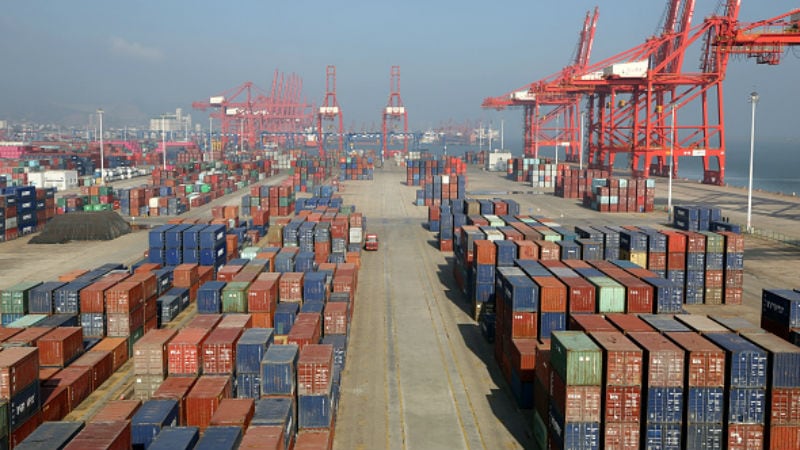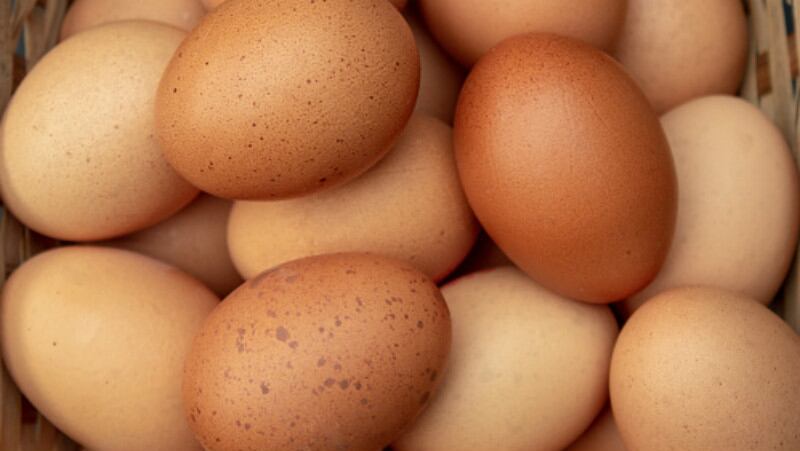According to Korea’s National Law Information Centre, as of June 19 the new sanitation assessment for imports is now necessary for foods where the exporter has requested for special handling (as per the ‘Food subject to special management’ clause in Article 10-2).
Food subject to special management here refers to food products that South Korea uses as food, which are not used or managed as food in an exporting country, such as fish head and internal organs.
“[The] establishments and/or operators of such manufacturing establishments overseas [that produce such foods] shall apply to the Director of Food and Drug Safety [at MFDS] via the governments of [the relevant] exporting countries for registration,” said the new regulations.
“The same also applies for any alteration of modification to existing applications.”
This means that through the revised regulations, all such foreign food and beverage manufacturers will need to submit applications to MFDS via the governments in their products’ countries of origin, and not directly with the agency.
In addition, sanitation assessments will also be necessary when risk factors are discovered or food standards change in the products’ country of origin, or whenever else the Ministry of Food and Drug Safety (MFDS) deems necessary.
Individuals placed in charge of sanitation control are also now required to undergo formal training or education with regard to this. This especially applies to businesses with no prior experience in food sanitation, or food importers from overseas.
In contrast, the new enforcement regulations have allowed for less stringent requirements when it comes to the import of halal food products.
“A halal certificate is no longer required during the halal food/livestock importation declaration,” said the regulations.
The Imported Food Act was revised last year in December, prior to these official enforcement regulations being put into place on June 19.
Korea’s growing imports market
According to numbers from MFDS, South Korea’s top market for imported food in 2017 was China at some US$852mn, taking up 47.5% of total market share. This was a 2.1% increase year-on-year.
This was followed by the United States at US$182mn (10.1%), Japan at US$193mn (7.8%), Germany at US$87mn (4.8%) and Italy at US$78.8mn (4.4%).
Together, the top five countries made up 75% of total imports to South Korea. The total amount of imported foods to the country stood at US$1.8bn
According to BusinessKorea, Korean food imports rose to some KRW30tn (US$25.9bn) worth of food in 2019, and the United States overtook China for the first spot, but this could not be confirmed on the MFDS website at time of publishing.





